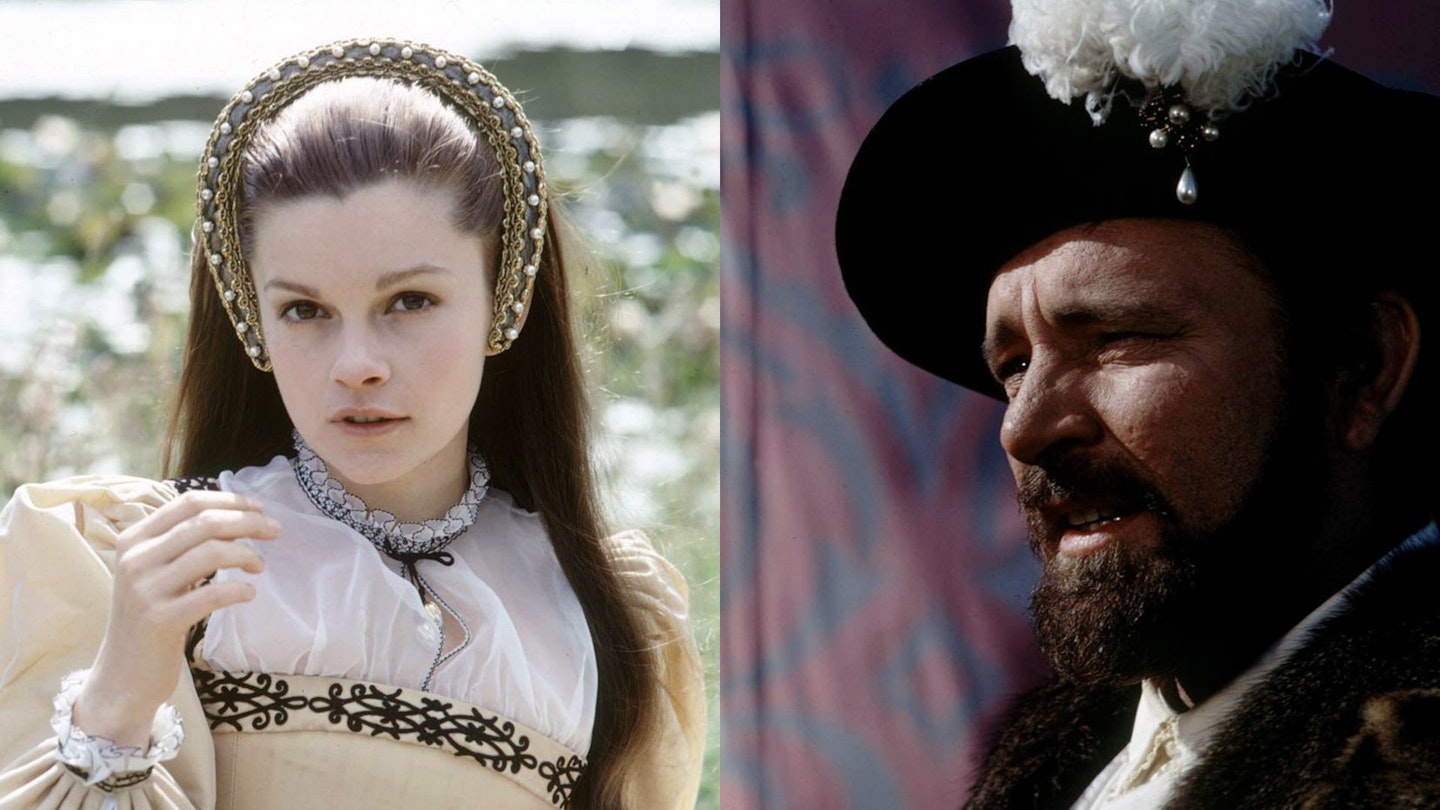Released just three years after Fred Zinnemann's impeccable, multi-award-winning adaptation of Robert Bolt's A Man for All Seasons, this revision of Maxwell Anderson's stage play was always going to pale by comparison. Yet it managed to earn itself an impressive 10 Oscar nominations and cashed in on the period's seemingly insatiable public appetite for all things Tudor, which prompted the BBC's later series The Six Wives of Henry VIII and Elizabeth R, each of which commanded a respectable global audience.
The production values couldn't be bettered. Yet only Margaret Furse's costumes found favour with the Academy and the design team of Maurice Carter, Lionel Couch and Patrick McLoughlin had every right to feel aggrieved at losing out to Hello, Dolly!
But Charles Jarrott's studied direction deprives the action of much of its momentous drama. He keeps Arthur Ibbotson's camera at a discreet, static distance and, thus, captures only the pageantry of the court rather than its passion and intrigue. This deferential attitude is all the more surprising, considering the number of liberties that the screenplay had taken with historical fact.
Furthermore, Jarrott failed to rouse Richard Burton from the lethargy that rendered Bluff King Hal as a morose bore, whose megalomania is reduced to regal grumpiness and whose lust comes across merely as repellent lechery. Consequently, it's hard to accept the sudden outburst of dynastic fury that seals Anne's fate when she only manages to provide him with another daughter.
Geneviève Bujold, however, is infinitely more impressive. She wisely allows the scheming side of Anne Boleyn's nature to triumph over her coquettishness and, thus, she creates an enticing villain whose naked ambition does not preclude us from feeling sympathy with her when she's confounded by capricious biology.
Unfortunately, despite some creditable outings, Bujold has never managed to summon a performance of similarly intense subtlety since.
